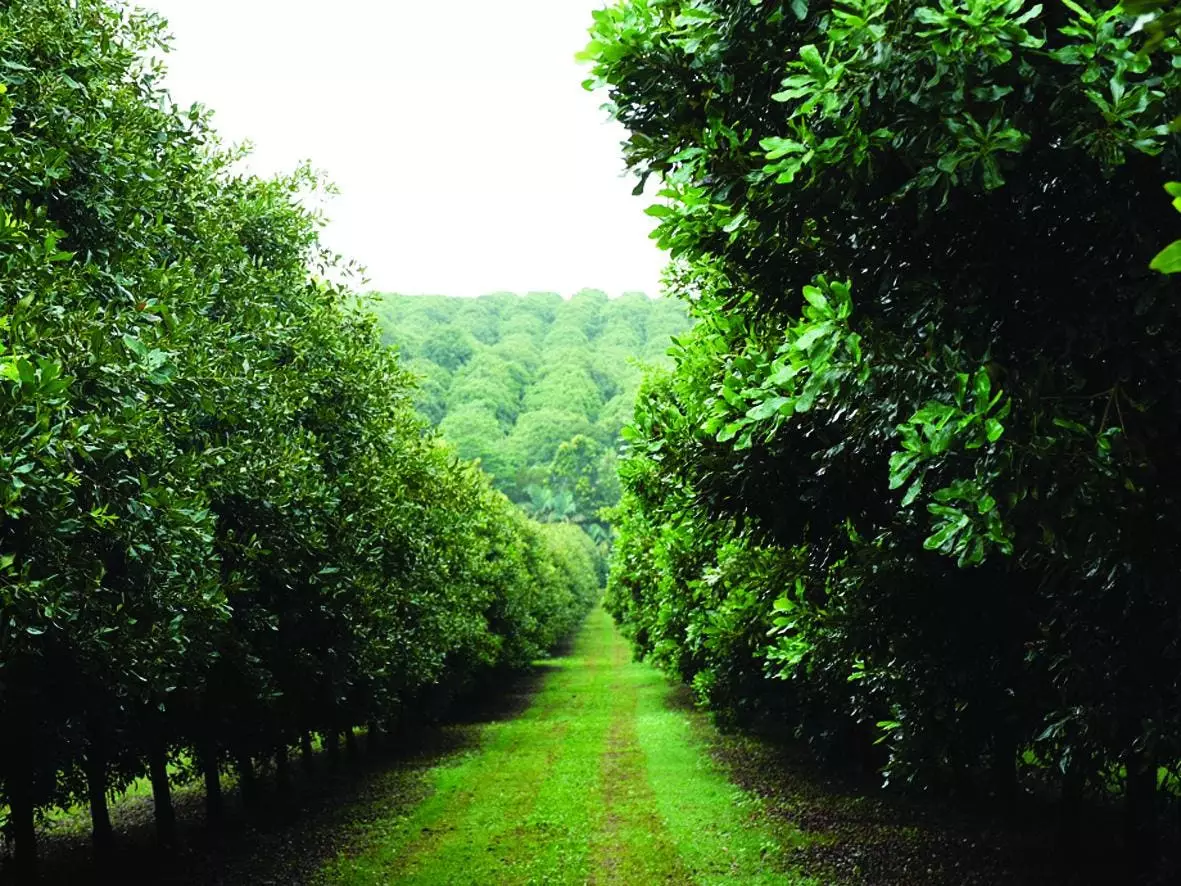As consumers increasingly gravitate towards environmentally conscious choices, the plant-based food sector is experiencing rapid innovation and growth. In particular, the plant-based milk market, which stood at an impressive $2.8 billion in 2022, is projected to soar to $7.3 billion by 2032. This growth mirrors a broader trend where traditional food and beverage industries are confronted with mounting waste challenges; an estimated 78 million metric tons of plastic packaging produced annually leaves just a 14% recycling rate globally. Against this backdrop of rising plastic consumption and food waste, innovative brands like Milkadamia are pushing the envelope in sustainability through creative product design and a commitment to minimizing their ecological footprint.
Beyond Conventional Packaging: Milkadamia’s Flat Pack Innovation
At the forefront of this movement, Milkadamia has emerged as a pioneer, particularly with its recent innovation—Flat Pack oat milk. This groundbreaking product dramatically redefines how consumers engage with milk alternatives by challenging traditional packaging norms. Flat Pack presents oat milk in an unconventional sheet form that significantly reduces waste, boasting a 94% decrease in packaging compared to conventional liquid containers. Additionally, its 85% lighter weight not only enhances shipping efficiency but also lowers transportation emissions—a vital consideration when evaluating a product’s environmental impact.
This shift to a packaging strategy characterized as “pre-cycling” is revolutionary in its approach. Unlike typical recycling, which is reactive, pre-cycling proactively addresses waste reduction at its origin. By adopting this model, Milkadamia is laying the groundwork for a new standard in sustainable food processing, one that could inspire other companies within the food industry to rethink their supply chain and packaging practices.
Milkadamia’s commitment transcends just innovative packaging. The company is deeply involved in regenerative agriculture, which emphasizes farming practices that enrich and preserve the environment. Their “free-range trees” philosophy embodies the use of natural rainfall and ecosystems, allowing macadamia trees to flourish in their native habitats along Australia’s eastern coast without artificial irrigation or fertilizers. This approach not only promotes better-quality crops but also contributes to healthier soil ecosystems.
In discussing the complexities of regenerative agriculture, CEO Jim Richards highlighted the unique challenges of assessing these practices. Unlike conventional farming methods that are relatively standardized, regenerative practices need to be tailored to individual farm environments, making it difficult to establish universally applicable standards or certifications. The emphasis, however, remains on soil health—an aspect so critical that it directly influences the overall ecological balance and productivity of agricultural systems.
Engaging consumers with innovative products such as Flat Pack is a multifaceted challenge. While not every consumer will embrace this new form of plant-based milk, there is a growing segment that is both curious and concerned about sustainability. Richards notes that the urgent tone of environmental reporting, characterized by alarming weather patterns and ecological crises, has effectively educated consumers, making them more receptive to innovative and sustainable products. Milkadamia aims to inspire a sense of agency among consumers, framing the use of Flat Pack as a small yet significant action—a personal rebellion against waste.
Through clever marketing and transparent communication, the company seeks to effectively convey the importance of their innovations. By inviting consumers into the narrative rather than chastising them for impossible standards, Milkadamia fosters a sense of community and shared purpose. Their ethos revolves around creating positive experiences—turning mundane grocery trips into intentional acts of environmental stewardship.
As we anticipate the official launch of Milkadamia’s Flat Pack to the public in the upcoming year, excitement builds within both industry and consumer circles. This innovative product, alongside the company’s regenerative agricultural practices, demonstrates the potential for an environmentally sustainable future in the food and beverage sector. While the problems stemming from waste and consumption can feel daunting, Milkadamia’s approach serves as a beacon of hope.
By combining ground-breaking product design with thoughtful agricultural practices, Milkadamia not only addresses immediate consumer demands but also contributes to a larger, critical dialogue on the future of sustainable eating. As this innovative product enters the market, it has the potential to reshape consumer perceptions and behaviors, ultimately paving the way for a more responsible and sustainable food landscape.

